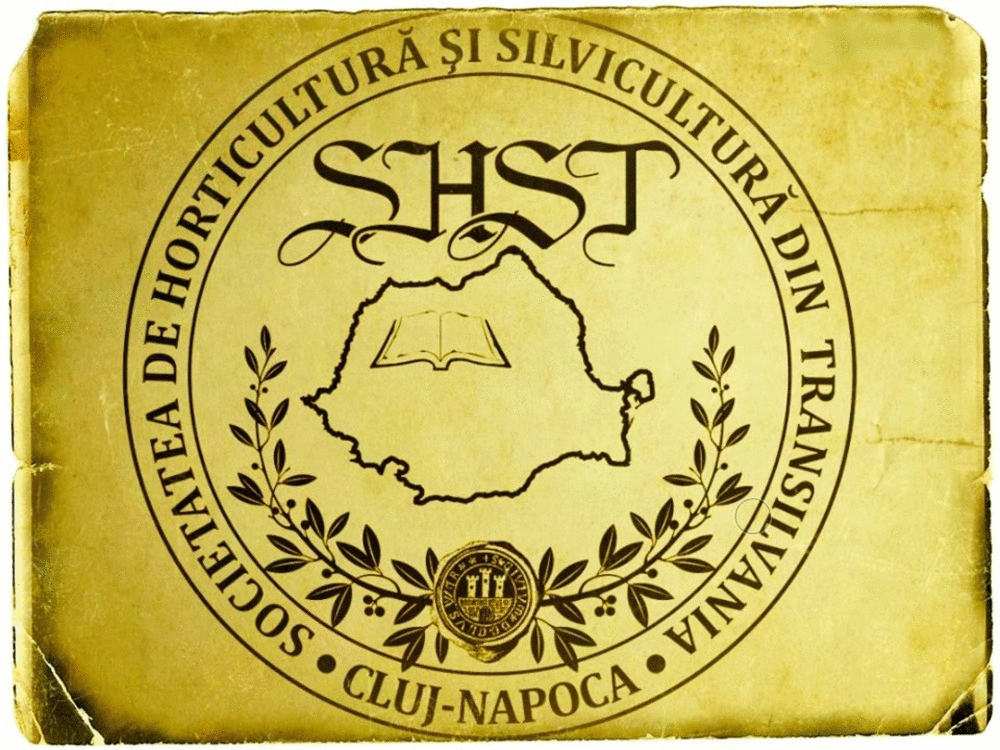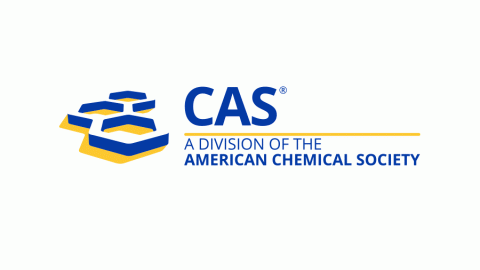Evaluation of Antiaggressive Activity of Capparis zeylanica Root Extract in Experimental Animal Model
DOI:
https://doi.org/10.15835/nsb528932Abstract
Aggression can ensue due to exposure to an intimidating situation. Aggression is prominently seen when a disturbance occurs in the fine balance of neurotransmitters such as 5-hydroxytryptamine, gamma-aminobutyric acid, dopamine and their receptor subtypes. The present study investigated the ability of 100, 200 and 400 mg/kg of ethanolic extract of Capparis zeylanica root (EECZ) circumvent aggression. Foot shock induced aggression, isolation-induced aggression, resident-intruder aggression and water competition test were utilized as models for screening of antiaggressive activity. Extract was given orally at three different dose levels (100, 200 and 400 mg/kg) once daily for three consecutive days, while Diazepam (2.5 mg/kg), was administered as positive control. EECZ significantly (p<0.05) minimized aggression dose dependently in the entire dose (100, 200, 400 mg/kg). Results suggested that EECZ showed significant antiagressive activity in aforementioned validated models of aggression. EECZ at all dose levels (100, 200 and 400 mg/kg) have shown promising anti-aggressive activity qualitatively comparable to that of diazepam (2.5 mg/kg).
Metrics
Downloads
Published
How to Cite
Issue
Section
License
Papers published in Notulae Scientia Biologicae are Open-Access, distributed under the terms and conditions of the Creative Commons Attribution License.
© Articles by the authors; licensee SMTCT, Cluj-Napoca, Romania. The journal allows the author(s) to hold the copyright/to retain publishing rights without restriction.
License:
Open Access Journal - the journal offers free, immediate, and unrestricted access to peer-reviewed research and scholarly work, due SMTCT supports to increase the visibility, accessibility and reputation of the researchers, regardless of geography and their budgets. Users are allowed to read, download, copy, distribute, print, search, or link to the full texts of the articles, or use them for any other lawful purpose, without asking prior permission from the publisher or the author.













.png)















